When you’re online, your personal information is constantly at risk from cybercriminals. Encryption is the process of converting your data into a secret code to prevent unauthorized access. It acts as a powerful shield, making your private information unreadable to anyone without the key. Understanding where and when to use encryption is crucial for protecting your digital life from hackers, whether you are at home, at a cafe, or traveling.
Why is Encryption so Important Today?
In our digital world, we share vast amounts of personal information every day. From banking details to private conversations, our data is a valuable target for hackers. Without protection, this information can be easily intercepted and exploited.
Encryption is the only barrier that exists between you and the cyber hackers. It scrambles your data into a format that is completely unreadable to snoopers and intruders. Even if a hacker manages to access your files or monitor your connection, they will only see a jumble of nonsensical characters instead of your sensitive information.
Think of it as sending a letter in a locked box. Only the person with the correct key can open it and read the message inside. Encryption works the same way for your digital data, ensuring that only you and the intended recipient can access it.
Protecting Your Data in Untrusted Locations
You might feel safe using your laptop at a friend’s house, but any location outside your own secure network can pose a risk. Your friend may not be as security-conscious as you are, potentially leaving their Wi-Fi network vulnerable to attacks.
If you need to store data on a device that isn’t yours, like a shared computer or a friend’s external drive, it’s essential to take precautions. Make sure that if you end up in such a state, your data is encrypted with proper support. This creates a secure container for your files that no one else can open.
This principle applies to any shared environment. Whether it’s an office, a library, or a relative’s home, you cannot fully trust the security of the network or devices you are using. Encrypting your data beforehand is a simple step that can prevent major headaches later on.
Are Your Smartphones Really Secure?
Our smartphones hold the keys to our entire lives. They contain our contacts, private emails, bank account details, photos, and search history. While convenient, this centralization of data makes your phone a primary target for criminals.
If your device gets compromised, the consequences can be devastating. A hacker could gain access to your mobile banking apps, steal your identity, impersonate you online, or even blackmail you with your personal information. Hence, smartphones aren’t that smart when it comes to defending themselves.
The best way to secure your mobile device is by using encryption. Modern smartphones often have built-in encryption settings that you can enable. Additionally, you should use applications that offer end-to-end encryption for messaging and calls to protect your communications.
Staying Safe while Traveling with Encryption
Traveling introduces a unique set of cybersecurity challenges. Hotel Wi-Fi networks are notoriously insecure, often lacking the robust security measures of your home network. These weak connections are breeding grounds for viruses and malware, putting your devices at immediate risk.
When you connect to a hotel or airport network, you are sharing that connection with countless other strangers, making it easy for a hacker to monitor your activity. Research has shown that certain regions are more prone to these attacks. For instance, Microsoft stated that the Asian region has faced twice the world’s average of malware attacks in the last decade.
To protect yourself on the go, you should always encrypt your connection. This is especially important when accessing sensitive accounts like your email or online banking. Before you travel, make sure your devices have encryption enabled and consider using a trusted security tool to shield your online activity.
The Hidden Dangers of Public Wi-Fi
Free public Wi-Fi at cafes, libraries, and airports is a convenience that many of us rely on. However, these networks are often completely unsecured. The providers may not have malicious intent, but they inadvertently create a bridge that connects you directly with hackers.
When you use an unencrypted public network, a hacker on the same network can easily see everything you do online. This includes the websites you visit, the passwords you enter, and the personal messages you send.
The best solution for this problem is to use a Virtual Private Network (VPN). A VPN creates a secure, encrypted tunnel for your internet traffic. This makes it impossible for anyone on the network to see what you are doing. Here is a simple comparison:
| Connection Type | Data Visibility | Risk Level |
|---|---|---|
| Unsecured Public Wi-Fi | Visible to anyone on the network | High |
| Public Wi-Fi with a VPN | Scrambled and unreadable | Low |
Even some legitimate service providers may track your activity for their own purposes. A VPN helps ensure your browsing remains completely private.
Simple Steps to Start Encrypting Your Digital Life
Getting started with encryption doesn’t have to be complicated. You can take a few simple steps right now to significantly improve your digital security and protect your personal information from prying eyes.
Many of the tools you need are already built into the devices you use every day, or are available as easy-to-use applications. The key is to be proactive and make security a regular habit.
- Enable Full-Disk Encryption: Most modern operating systems (like Windows, macOS, iOS, and Android) have built-in options to encrypt your entire device. Turn this feature on to protect all the data stored on your laptop or smartphone if it is lost or stolen.
- Use a Virtual Private Network (VPN): A VPN is the easiest way to encrypt your internet connection, especially on public Wi-Fi. It routes your traffic through a secure server, making your online activities private.
- Choose Encrypted Messaging Apps: Use apps that offer end-to-end encryption, such as Signal or WhatsApp, for your private conversations. This ensures only you and the person you’re communicating with can read what’s sent.
By implementing these basic measures, you create strong layers of defense that make it much harder for cybercriminals to target you.
Frequently Asked Questions about Encryption
What is encryption in simple terms?
Encryption is like putting your digital information in a locked box. It scrambles your data into a secret code, and only someone with the right key (a password or special file) can unlock it and read the original information.
Is encryption only for tech experts?
Not at all. Many modern tools and devices have made encryption user-friendly. Features like enabling device encryption or using a VPN are often as simple as flipping a switch in your settings, requiring no technical knowledge.
How does a VPN help with encryption?
A VPN creates a secure and encrypted tunnel between your device and the internet. When you use a VPN, all your online traffic is routed through this private tunnel, making it unreadable to anyone trying to snoop on the network, including your internet provider or hackers on public Wi-Fi.
Can I encrypt the data on my smartphone?
Yes, most modern smartphones have built-in encryption. For iPhones, encryption is enabled by default when you set a passcode. For Android devices, you can typically enable it in the security settings. This protects all the data stored on your phone.
What happens if I don’t use encryption on public Wi-Fi?
Without encryption, anyone else on the same public Wi-Fi network can potentially see what you are doing online. This includes the websites you visit, the information you type into forms, and even your login credentials for unsecured sites, putting your personal and financial data at high risk.

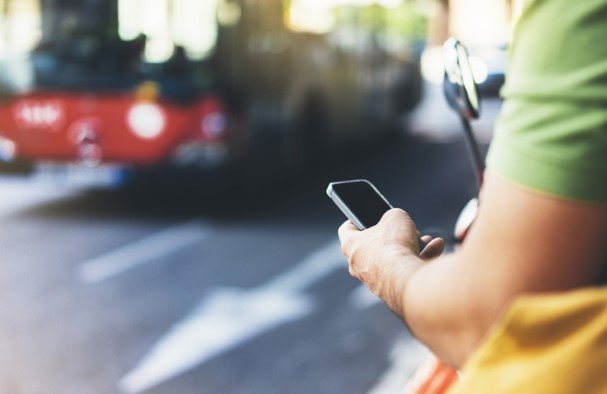


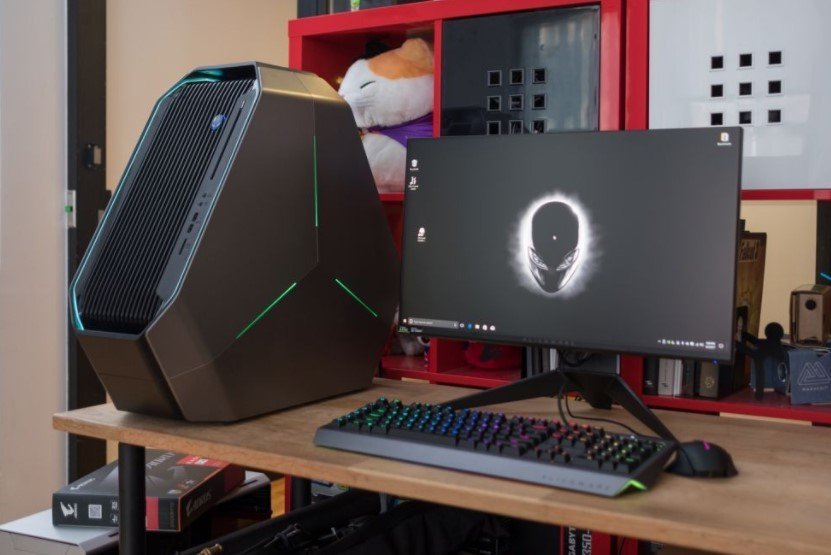
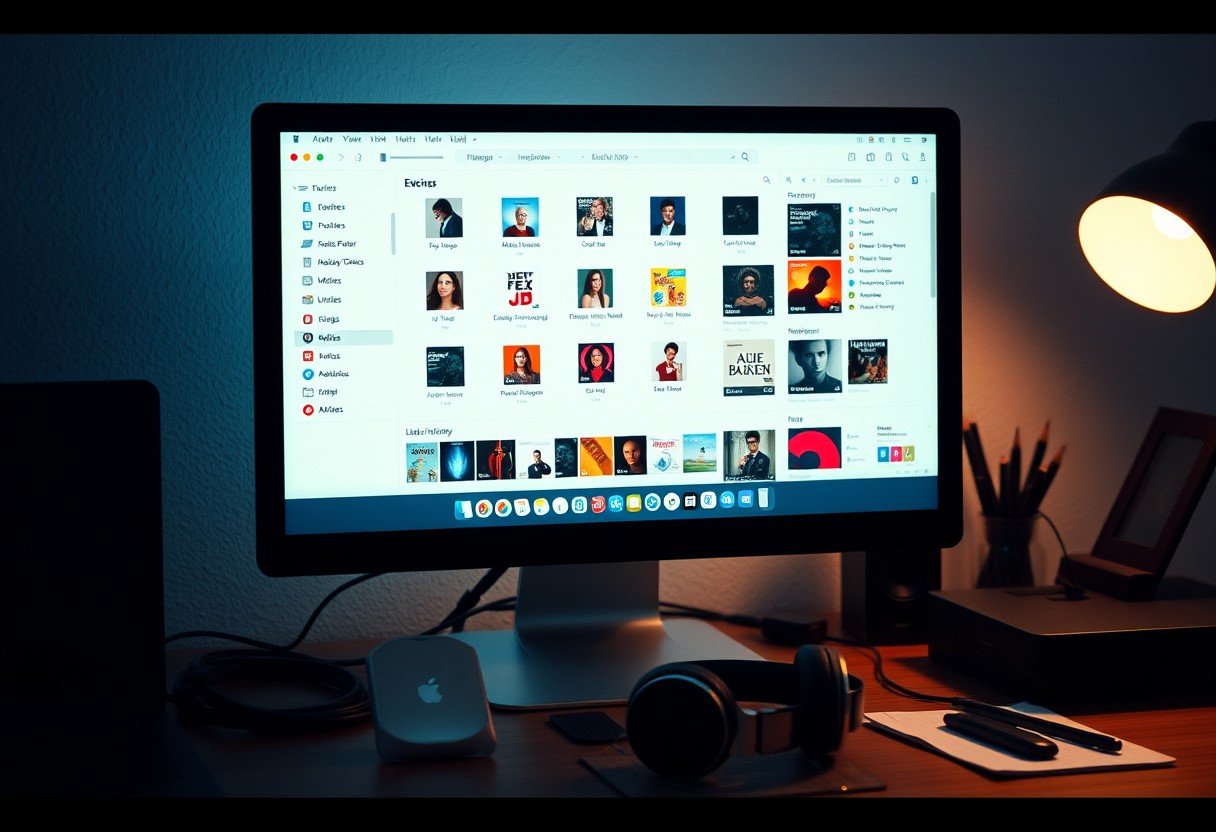
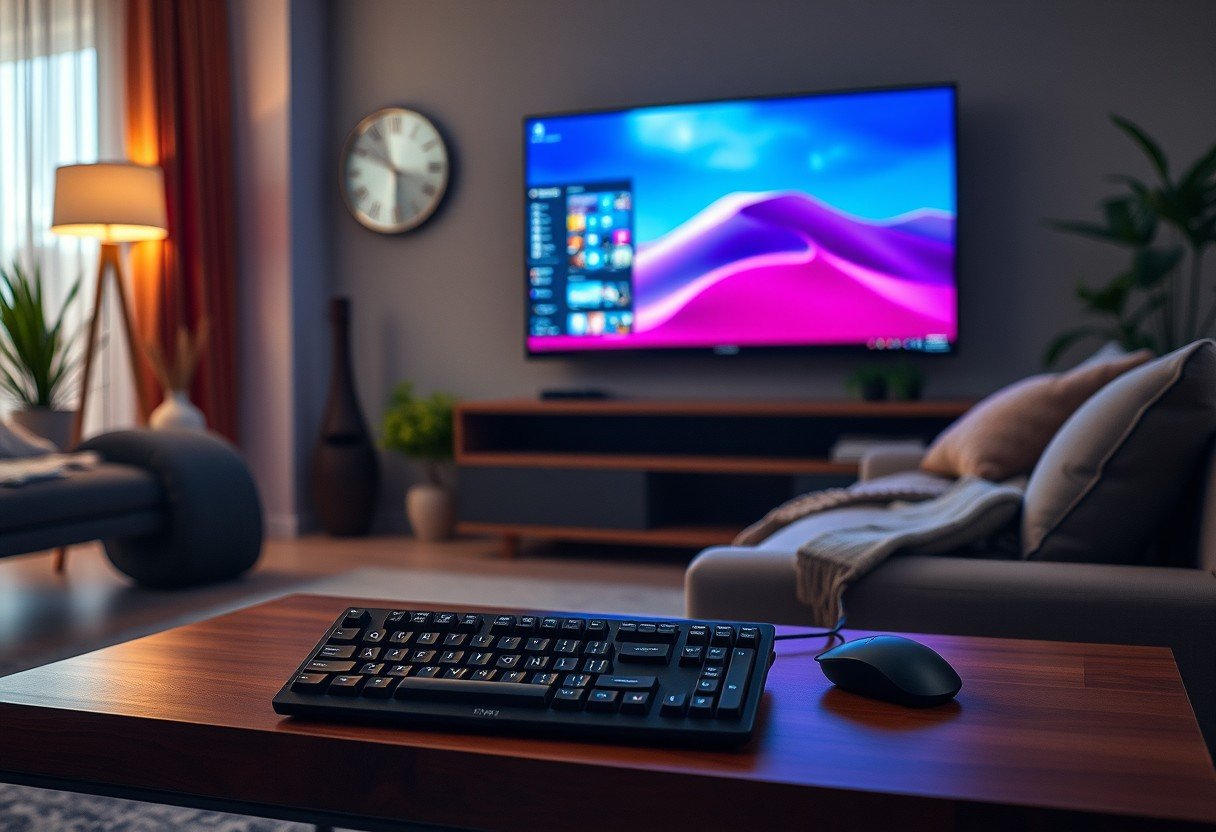
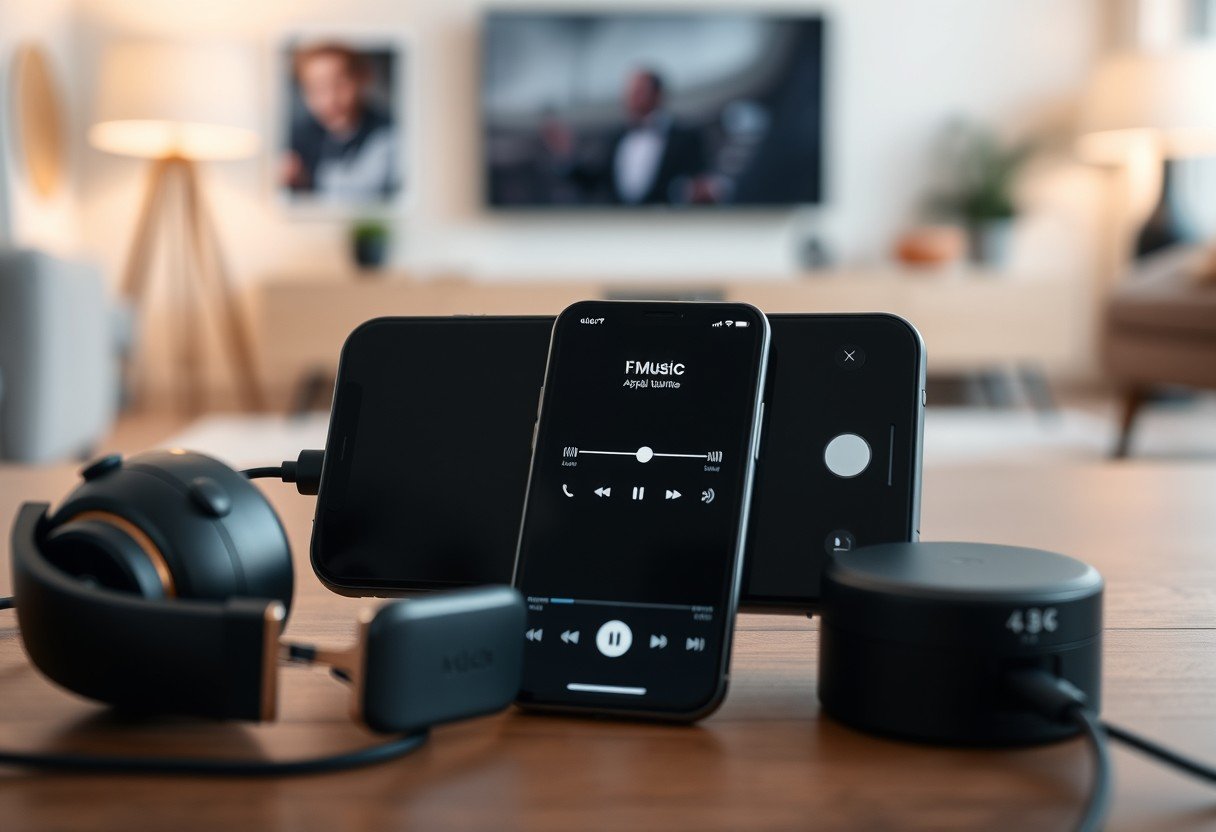
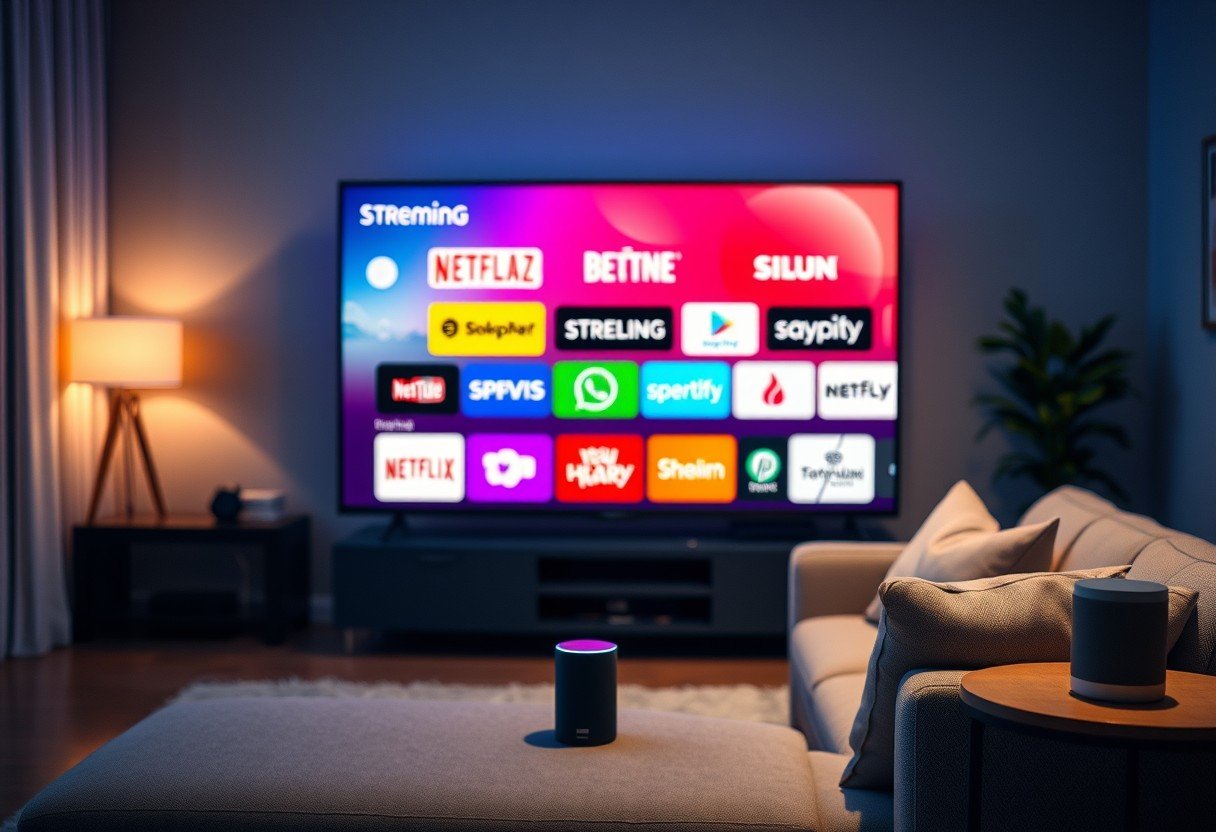
Leave a Comment